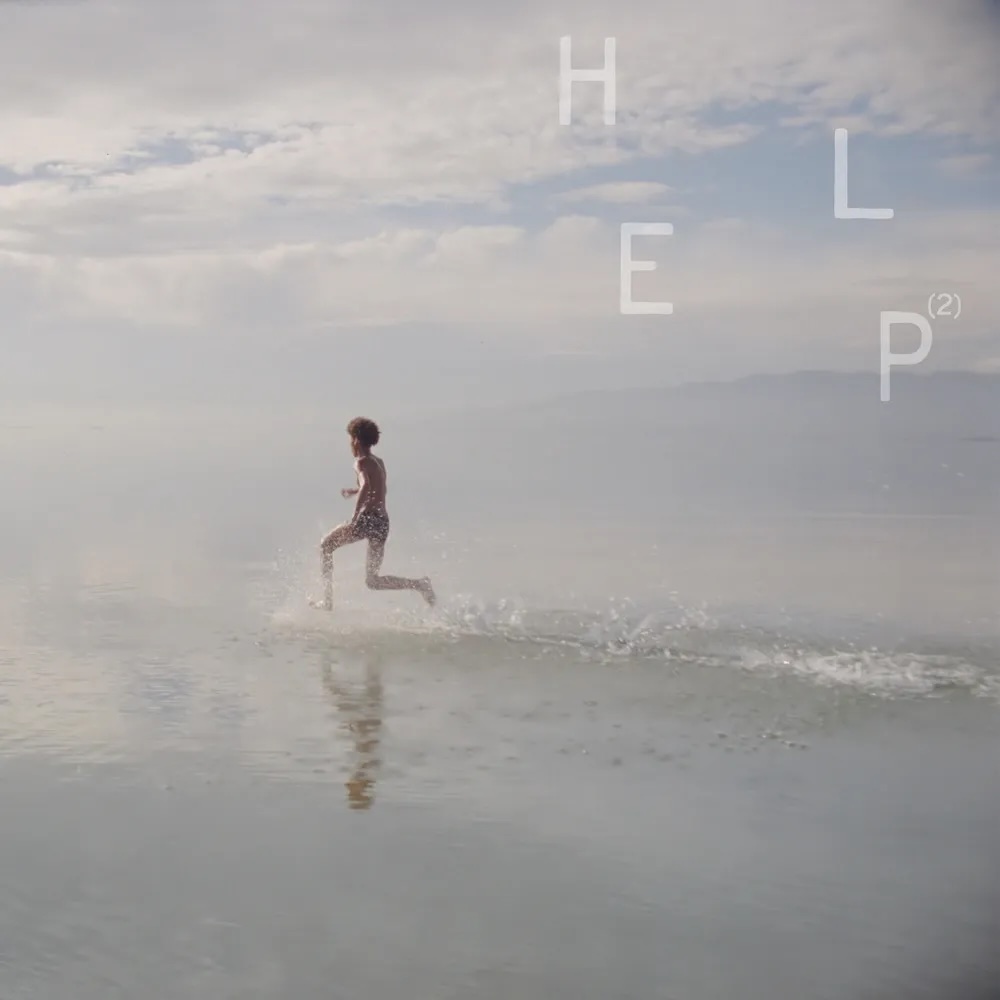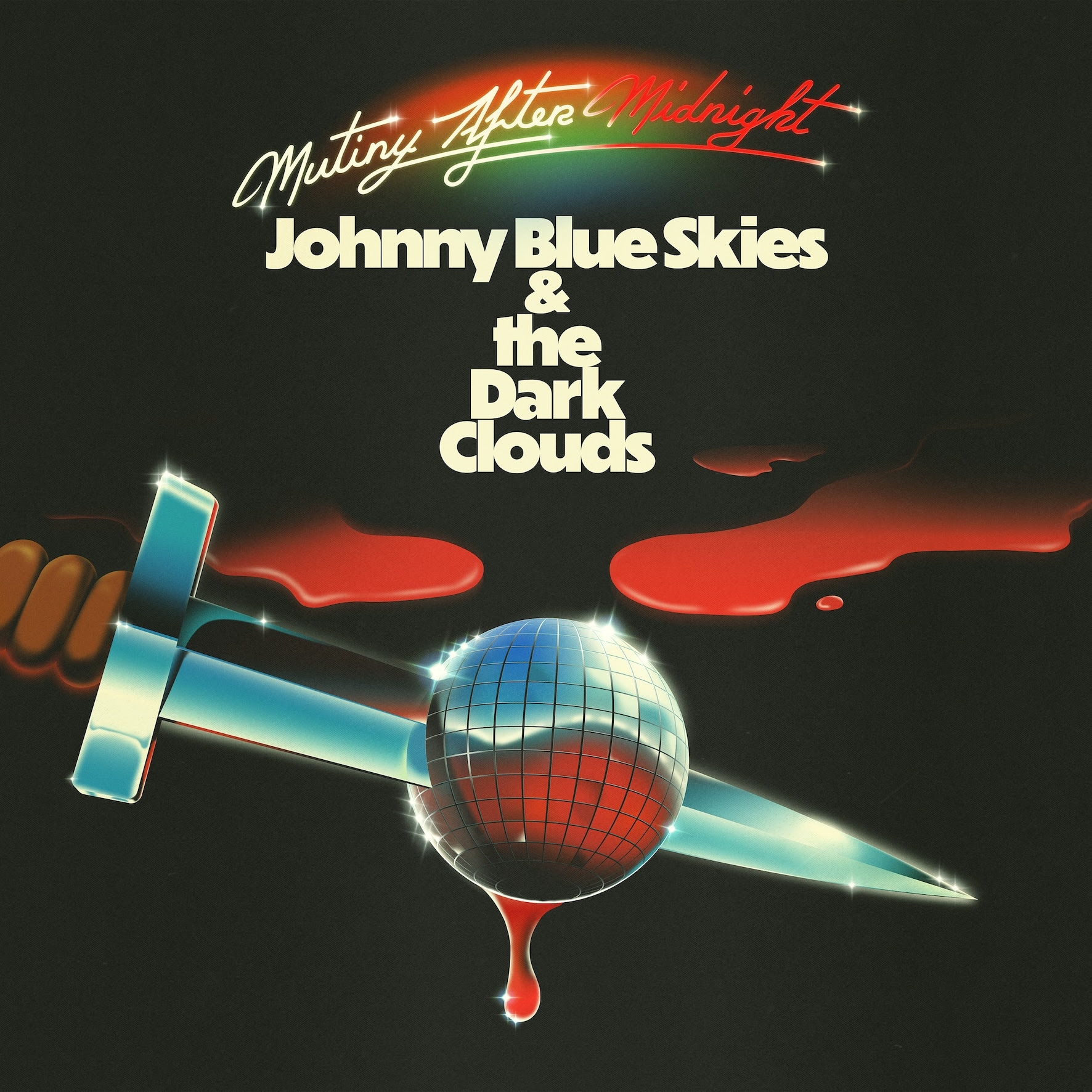- Virgin
- 2004
The year 2004 stood at the divide where physical media made a last stand against a tidal wave of digital ubiquity. Peer-to-peer file-sharing pioneer Napster hinted at a future devoid of CD search parties, where users could fill hard drives with more music than the collective inventory of Camelot Music, but it filed for bankruptcy in 2002 after losing lawsuits from the likes of Metallica and the Recording Industry Association of America. Sibling MP3 swapper Kazaa would encounter a similar fate in 2003 thanks to the US Supreme Court. Legal digital options began to sprout in that blaze of record label anxiety. Steve Jobs' iTunes roped the five biggest record labels onto one platform in 2001. Spotify's flimsy promise of paying a blanket fee to swan dive into a database of *all music EVER* wouldn't substantiate till 2010 with a free membership sign-up, but the Swedish company had been working to realize a collective audio subconscious as early as 2006.
Even if the sea change was inevitable, music libraries in the early aughts were still tethered to data layered into plastic and oil and monthly budgets. Corporate gatekeepers and retailers were still curating a relatively streamlined, mostly modern supply of music to the general market.
This is all to say that when Parisian duo Air released Moon Safari in 1998, before any of that transpired, people didn't have a frame of reference for the decades-spanning audio collage Nicolas Godin and Jean-Benoît Dunckel were stitching. Opening track "La femme d'argent" felt culled from some lost Brigitte Bardot 70mm footnote, preserved in velvet amber. The track revels in swaths of shag-carpet synth, e-piano, and orchestral swells, anointing a new make-out session anthem that couldn't get more chill if it rented a yacht, tossed out the marine radar, and set adrift on a tide of champagne and MDMA.
The ensuing tracks escorted the listener deeper into a retro-futuristic pilgrimage unapologetically romantic and cosmic, where wah pedals, horns, and (again) so many synths tried their damndest to make you forget gravity. Even Air's closest afterparty competitor that year — Massive Attack's aloof trip-hop benchmark, Mezzanine — sounds downright predatory in comparison. The closest aesthetic comparison to this a-chronological anomaly would be the works of fellow Frenchman Jean Giraud, nee Moebius — a globally celebrated cartoonist who was also fond of beige-uniformed safaris into the psychedelic extremities of time and space.
Cynics would dismiss Moon Safari as cheesy and insubstantial — an inoffensive comedown to far more opinionated or adrenal music. But living up to their namesake, Air were a precious exhale in an era defined by the big, loud, and unsubtle. The sound of the late '90s was writ in a staccato barrage of boy-band dance routines and nu-metal nihilism. This dreamy slice of retro-surrealism was a borderline act of defiance.
What informed such a wondrous sonic amalgamation is less clear. Dunckel's love of astronomy and Ray Bradbury is no secret. Sonically, the inspiration is understandably less a puzzle and more a murky cocktail — Philip Glass, Kraftwerk, Brian Eno, Sly Stone, David Bowie, and Pink Floyd are the most obvious patron saints. On first listen, "Le voyage de Pénélope" could easily be mistaken for a lost track off The Dark Side Of The Moon a la "Any Colour You Like" or (especially) "The Great Gig In The Sky."
Their genre-hopping eclecticism didn't always work in Air's favor; in 2015 Dunckel told Stereogum that the pair were often mistaken for DJs, despite having played the entirety of Moon Safari live. According to Dunckel, sites even went on their own safaris to find the myriad "samples" from the debut album.
Released in 2001, sophomore effort 10 000 Hz Legend was a pleasant contradiction, simultaneously more alien and mainstream than Moon Safari. The sheen of a star-bound, overarching space excursion dissolved under a much vaguer proclamation, cemented in the album's first track: We are electronic performers. The following 10 tracks support that statement nicely, propped on a foundation of blips and bleeps and Kraftwerk repetition. Like Moon Safari, 10 000 Hz can't let a second breathe without tracks upon tracks of ornate synth waves and binary esoterica providing a Jackson Pollock stream of stimulation overload.
But the pair also flirted with something even odder: big, joyous pop. "Radio Number 1" and "The Vagabond" — the latter featuring vocals from Beck — escorted Air from the astro-lounge to an alternate-reality radio frequency where verse-chorus-verse blurred into the digital ether.
So — let's pause.
Spending so many paragraphs celebrating the 20th anniversary of Talkie Walkie without mentioning said album may seem borderline negligent, or at least indulgent. But please understand that more than most albums, this one was the product, and refinement, of its forebears' journey.
If Air debuted as grand excavators, historians, and ambassadors of iridescent yesteryear novelties at the end of the analogue era, Talkie Walkie — released 20 years ago today — stands as the duo's blatant all-caps Air-as-musicians record. The album's songcraft exceeds any of the previous records' efforts without sacrificing the cult textures and kitsch sci-fi futurism. It's a logical progression from all that came before, marrying the pair's rocket-fueled obsessions with songs you need a scalpel to excise from your brain.
The first sign of this shift can be found by looking at the liner notes — Godin and Dunckel sing on every track, save the three instrumentals. This is the pair's first studio album effort without a primary guest vocalist, though Big Sir's Lisa Papineau supports on "Biological." For a look at how this album may have progressed under Air's former modus operandi, search out the demo of "Cherry Blossom Girl" featuring Mazzy Star's Hope Sandoval.
The other macro observation is how much Talkie Walkie simply breathes. By Air standards, you can count eons between the lingering piano chords of opener "Venus." Instead of soldering layers of ambient noise and synth noodling in every nook and cranny, Godin and Dunckel confidently use fewer, more thoughtful parts to construct evergreen avante-garde pop gems. The spartan opening of "Run" pivots between a stumbling digital music-box concussion, a muffled digital kick drum, a jarring sunrise synth, and an even less obvious eighth-note bass. The haunting simplicity burrows into your brain, demanding repeat listens in its absence.
What swung the album in a singer-songwriter direction is anyone's guess, but having producer Nigel Godrich onboard certainly couldn't hurt. Godrich's name is often synonymous with Radiohead, but his CV has historically straddled artists navigating the pull between mainstream pop appeal (Travis) and isolating artistic expansion (Beck's Mutations).
Talkie Walkie stands as a treatise of the group's past and present up to that point — two cans and a string that connect the psychedelic and divine to two guys with acoustic guitars and Moogs, who were denied recognition that they were in fact two guys who knew how to play acoustic guitars and Moogs. It was a band taking all of the light, breezy ephemera and turning it into something as heavy as possible.
The general conjecture around Air's legacy tends to be pretty bullshitty; terms like loungecore get thrown around along with cultural genealogy to other groups who play downtempo, relaxing music unafraid to use Afro-Cubano or South American flavors. Yes, they're a group that lived down the road from Daft Punk in both every metaphorical and literal interpretation, but relegating them to the afterparty comedown in the face of louder fare is a gross oversimplification.
This is not to say that Air have not received their due — their cinematic thumbprints line years of indie cinema. Talkie Walkie scored placements in Veronica Mars (“Run”) as well as reuniting the group with Sofia Coppola after scoring her debut, The Virgin Suicides. For this round, “Alone In Kyoto” appropriately played alongside a montage of Scarlett Johansson wandering through Tokyo in Lost In Translation. And (almost) all shows for their recently announced tour playing Moon Safari in its entirety have sold out. Maybe after another 20 years, Godin and Dunckel can extend that same honor to their best album.
Stereogum is an independent, reader-supported publication. Become a VIP Member to view this site without ads and get exclusive content.






